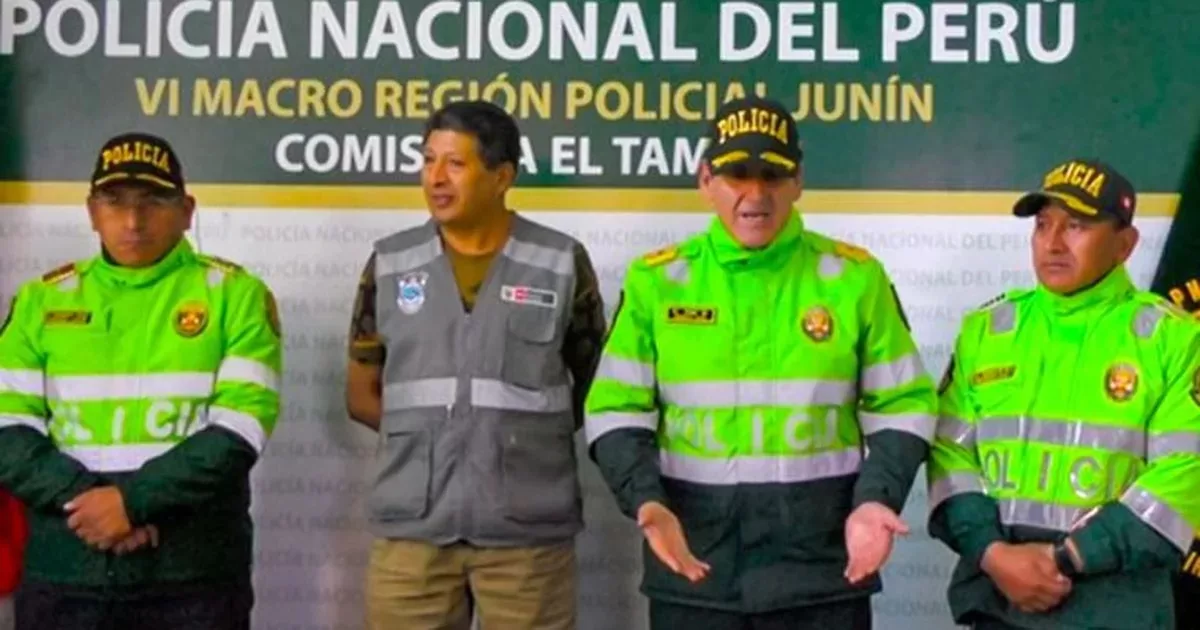Exactly three months after the devastating earthquake in southern Turkey, everyday life in the affected areas has hardly returned to normal. More than 50,000 people lost their lives in Turkey alone, and there are likely to have been at least 7,000 to 8,000 more victims in neighboring northern Syria.
In the center of Malatya, 90 percent of the buildings have collapsed or become uninhabitable due to the damage, reported Marcus Bachmann, emergency aid coordinator at Doctors Without Borders. The NGO supports local aid organizations on the spot. 2.4 million people still live in tents.
Psychological care in focus
The 600,000 to 700,000 tents should slowly give way to containers. There are already 50,000 to 60,000 such residential units in the eleven Turkish provinces that were declared a disaster area after the February 6 earthquake.
At the end of April, the Islamic month of fasting, Ramadan, came to an end with the Bayram Sugar Festival. The mood was depressing, said Bachmann. “There is something of a collective depression hanging over all the cities that were affected by the earthquake.”
According to Bachmann, the local partners of Médecins Sans Frontières are currently focusing on psychological care for the survivors, but also for the helpers. Sadness and guilt plague many of the people. The psychological wounds are often accompanied by the consequences of physical injuries. Many people have lost everything.
Safe retreats
The living situation represents an additional burden: Families of four to five live in twelve square meters in the tents, and there is only slightly more space in the containers. With mobile teams, the helpers go to the often remote mountain villages in the region.
Bachmann reported that “Nefes” hubs had been set up in the container settlements. Nefes is the Turkish word for taking a deep breath. These are “safe, clean retreats” in which psychological care is offered in individual and group sessions.
There are play facilities for children and supervised showers and toilets for women and girls. Nursing places were created for mothers. People can communicate with relatives in other parts of the country or abroad via WLAN.


